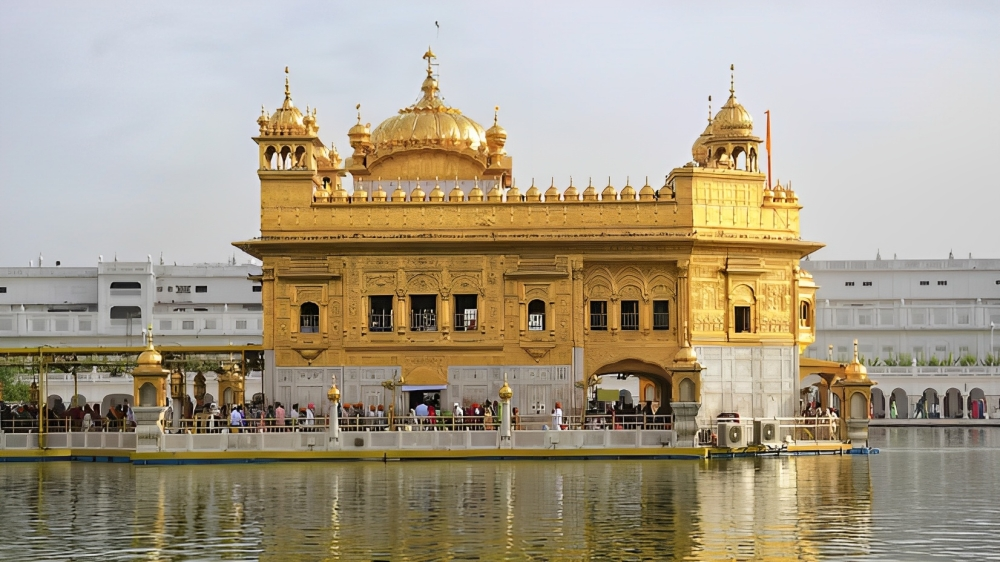Free Courses Sale ends Soon, Get It Now


Free Courses Sale ends Soon, Get It Now



Copyright infringement not intended
Context: The Punjab Assembly on Tuesday amended the Sikh Gurdwaras Act, 1925 to free the broadcast of Gurbani from Sri Harmandir Sahib from the alleged monopoly of PTC, a television channel linked to the family of Shiromani Akali Dal (SAD)
Details
Criticism
Punjab Government arguments
What is the Sikh Gurdwaras Act, of 1925 and why was it enacted?
What are the implications of the amendment passed by the Punjab Assembly?
© 2024 iasgyan. All right reserved